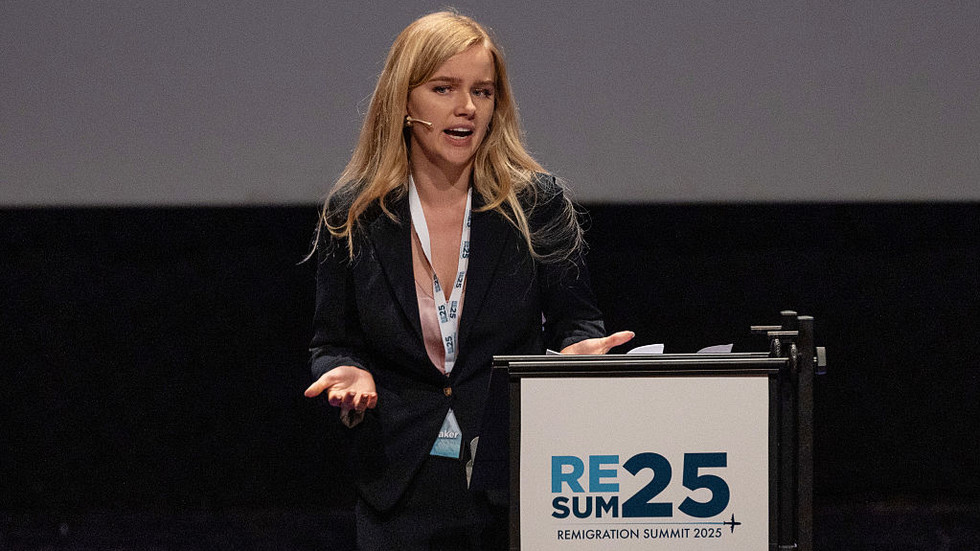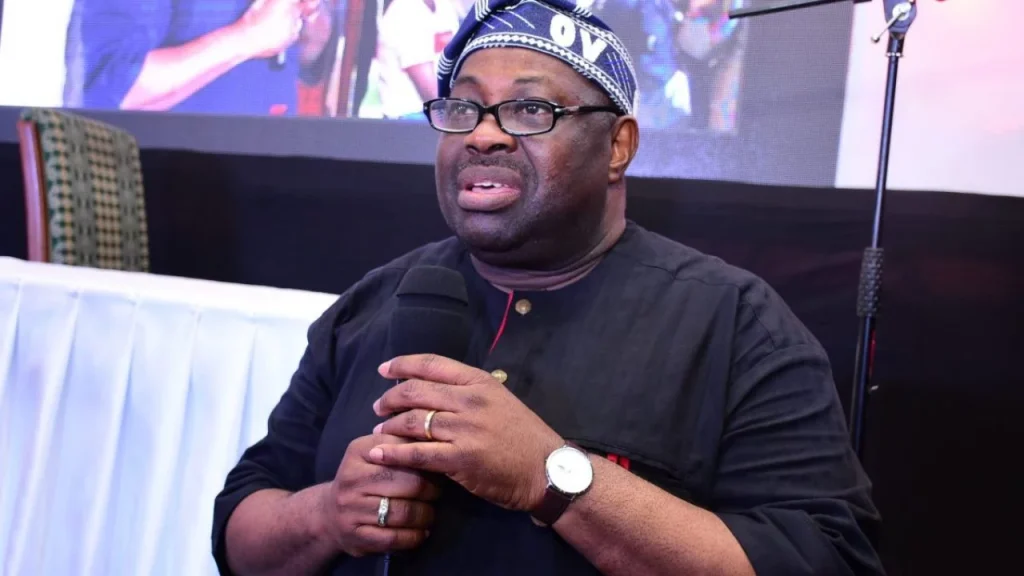Zimbabwe’s ambitious venture into renewable energy generation faces a precarious future as the Reserve Bank of Zimbabwe (RBZ) grapples with a debt payment standoff, jeopardizing a crucial solar project in Bwoni Village, Seke District. The High Court has been drawn into the fray, as Old Mutual Life Assurance Company seeks to salvage the imperiled Harava Solar Park, a development with far-reaching implications for the country’s energy landscape.
The saga unfolds against the backdrop of lofty aspirations and bureaucratic entanglements. In January 2018, Harava Solar Park secured a Prescribed Asset Status, followed by its designation as a National Project Status by the Ministry of Finance and Economic Development in February of the same year. However, the situation took a downturn when Equatorial Guinea, having obtained approval from the Zimbabwe Investment and Development Agency (ZIDA) in February 2022 to invest in Harava Solar Park, encountered an impasse over the release of US$15 million for local investment, as stipulated by the exchange control regulations.
Old Mutual, amid growing concerns, has petitioned for Harava to be placed under corporate rescue, citing the power company’s failure to honor its financial commitments. The company’s plea to the court stemmed from its substantial investment of US$1,837,171 in Harava, through a debt instrument, underscoring its vested interest in the project’s success.
The intricacies of the dispute are underscored by the involvement of the RBZ, which had committed to providing US$15 million to Equatorial Guinea as part of the investment arrangement. Regrettably, the project now finds itself in limbo, with mounting financial woes impeding its progress.
Harava, an independent power producer, had embarked on the mission of establishing a 20-megawatt solar power plant in Bwoni Village, Seke District, Dema. Despite significant headway with 6MW of solar panels already in place, the project is hamstrung by a funding deficit, necessitating an additional US$3.4 million to integrate the existing panels into the grid. The financial constraints exacerbate further, with projections indicating the need for a total investment of US$18.5 million to achieve the envisioned 20MW capacity.
Compounding the project’s tribulations, one of Harava’s creditors, Ever Prosperous World Wide Limited, obtained a Court Order demanding the payment of US$10,115,218.02, and subsequently secured a writ of execution against the solar plant. The predicament is further compounded by Harava’s Offtake Power Purchase Agreement with the Zimbabwe Electricity Transmission and Distribution Company, reflecting the project’s intertwined fate with the national energy grid.
Amidst these challenges, Old Mutual posits that the appointment of a corporate rescue practitioner, Dr. Oliver Mtasa of Crowe Horwath Welsa Chartered Accountants, is imperative to navigate Harava out of its financial quagmire. The company advocates for a moratorium on all actions against Harava during the corporate rescue process, underscoring the urgency and complexity of the situation.
The stakes extend beyond financial ramifications, resonating with the broader imperatives of national energy security and sustainable development. The envisaged contribution of the Harava Solar Project to alleviating Zimbabwe’s power crisis, along with creating approximately 200 rural jobs, underscores the significance of its survival. Moreover, the project’s potential to generate clean energy and carbon credits further amplifies its intrinsic value to the nation.
Unraveling the impasse and revitalizing the project hinges on a multidimensional approach, requiring not only financial intervention but also a recalibration of the project’s operational and ownership structures. The unfolding conundrum reverberates as a microcosm of the challenges entwined with renewable energy initiatives in the African context, resonating with the global imperatives of sustainable development and energy transition. As Zimbabwe grapples with the imperative of securing its energy future, the fateful trajectory of the Harava Solar Project assumes emblematic significance in the country’s quest for a sustainable energy matrix.



